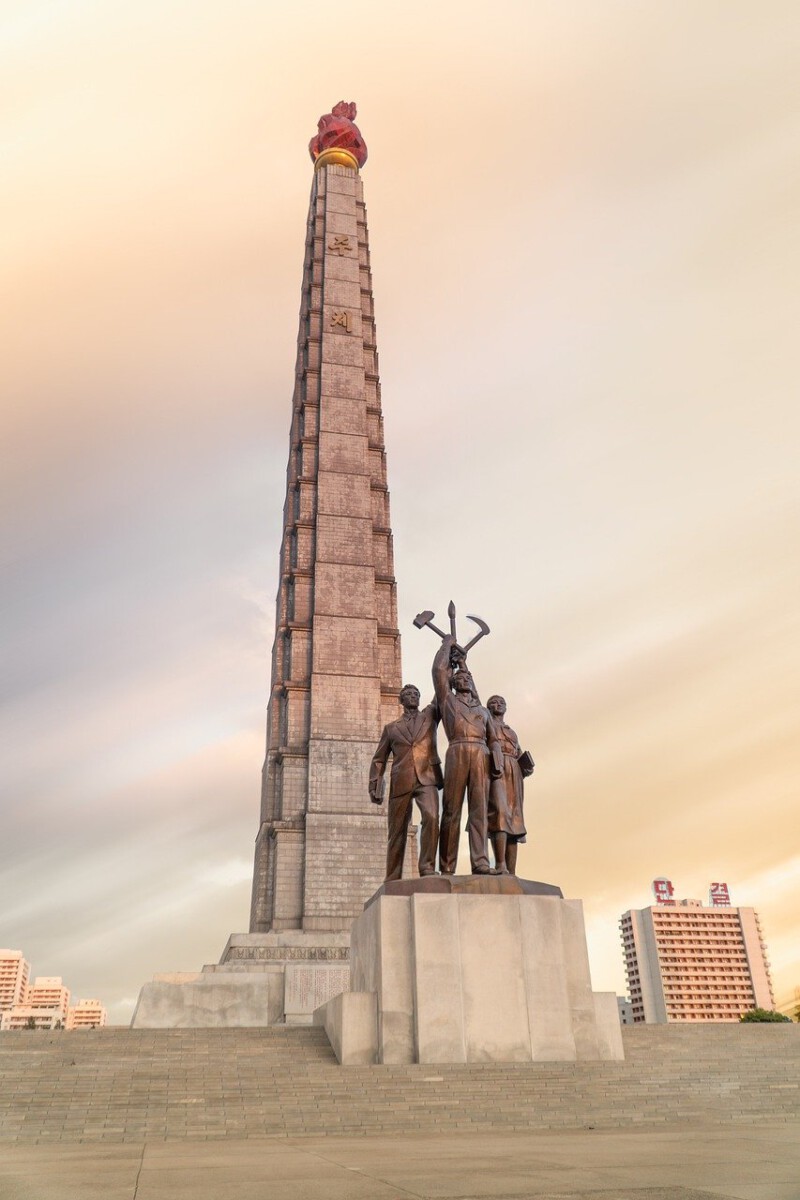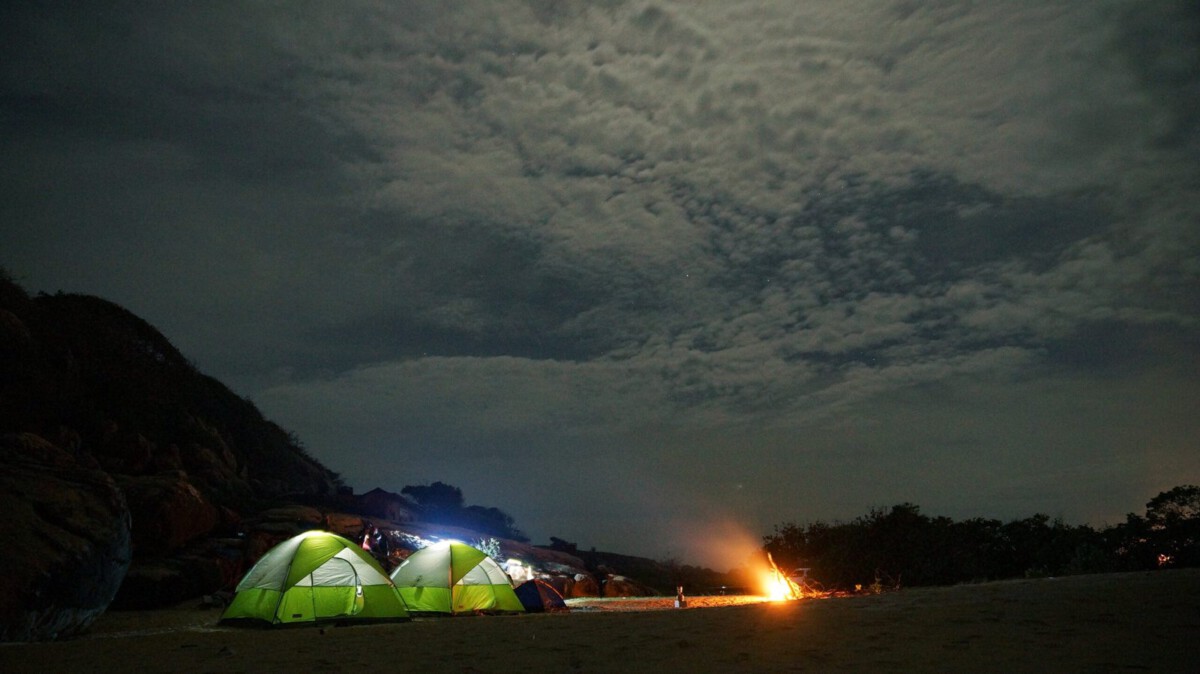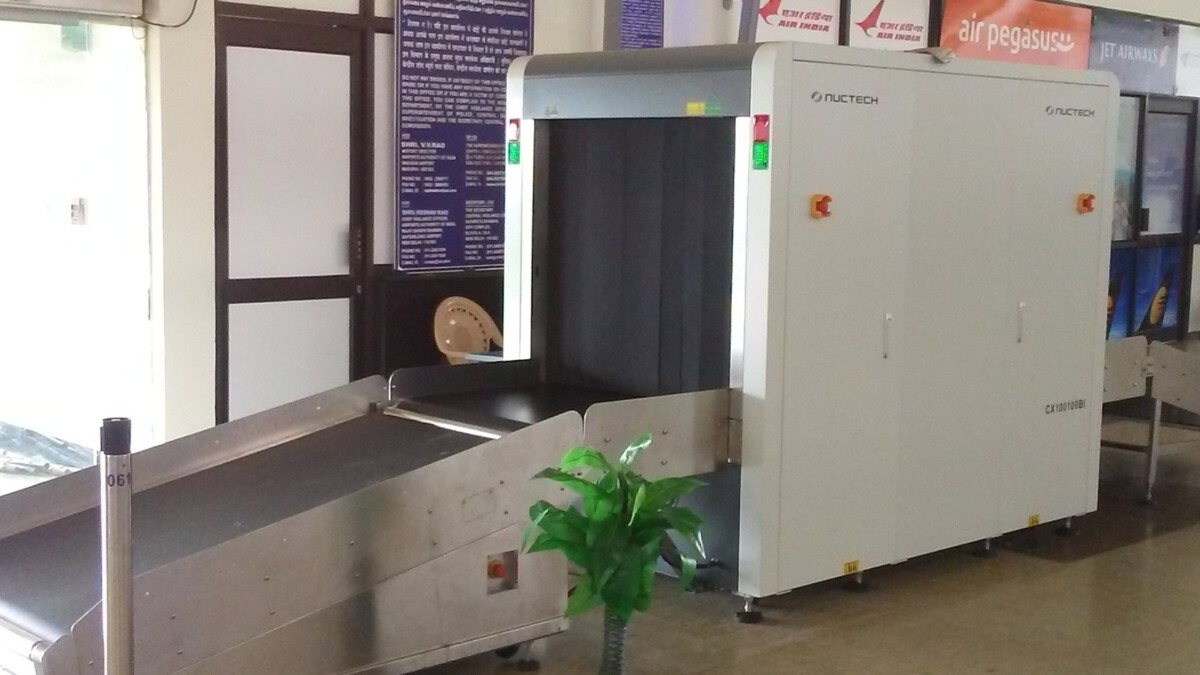Finland: The Unshakeable Leader in Happiness

Every year, Finland seems to dazzle the world by topping the World Happiness Report, holding the #1 spot for six years straight as of 2023. This tiny Nordic nation, with its snow-dusted forests and sparkling lakes, is more than just a postcard—it’s a symbol of what can happen when a country truly invests in its people. The key ingredients to this happiness recipe include a robust welfare state, high-quality education, and a deep culture of trust in public institutions. The Finnish people don’t just enjoy material comfort; they also benefit from a sense of belonging and stability that’s rare in today’s fast-paced world. The report, which weighs factors like income, social support, health, and freedom, repeatedly finds Finland at the top. In Finland, people feel safe, supported, and—perhaps most importantly—free to live life on their own terms. This isn’t just about money; it’s about meaning, connection, and the everyday joys of life.
What Really Makes Finland So Happy?

Finland’s secret sauce for happiness goes beyond just financial security. The Finnish education system is renowned for its focus on equality and creativity, ensuring that every child, no matter their background, gets a fair shot at success. Healthcare is universal and accessible, so no one is left behind. There’s also a cultural concept called “sisu,” a kind of stoic determination and resilience that helps people push through tough times. People in Finland trust each other and their government, which creates a strong sense of unity. Nature is a huge part of daily life—most Finns spend a lot of time outdoors, whether it’s in the sauna or walking in the woods. Even simple pleasures like a cup of coffee with friends seem to carry more weight here. These factors combine to create an environment where happiness feels not just possible, but almost inevitable.
Denmark: The Close Contender

Just behind Finland, Denmark continues to shine as a beacon of happiness, often landing in the second position worldwide. Danes benefit from a welfare system that provides free healthcare, education, and extensive parental leave, so families and individuals feel secure and cared for throughout their lives. The Danish concept of “hygge,” which means coziness and comfort, is more than just a trend—it’s a way of life that encourages people to slow down and enjoy the moment. Social trust is high, people look out for each other, and even the workplace culture emphasizes balance and well-being. The streets are safe, children play outside without worry, and the government is generally trusted to do right by its people. All these factors help make every day feel a little brighter in Denmark.
Iceland: A Small Country with Big Happiness

Iceland might be known for its volcanoes and glaciers, but it’s also famous for happy, resilient people. According to the latest reports, Iceland holds on to the third spot in the world happiness rankings. What makes Icelanders so content? For one, this nation boasts some of the world’s highest levels of gender equality and social cohesion. People know their neighbors, and there’s a strong sense of solidarity. The government actively supports mental health, offering easy access to resources and crisis support. Work-life balance is serious business—people are encouraged to take time off to enjoy family and nature. The spectacular landscapes provide daily opportunities for adventure, whether it’s hiking, swimming in geothermal pools, or just soaking in the midnight sun. Iceland proves that even in harsh climates, happiness can thrive with the right community and support systems.
Afghanistan: Struggling Amid Hardship

On the other end of the scale, Afghanistan repeatedly ranks dead last in the World Happiness Report, a heartbreaking position rooted in decades of conflict, instability, and poverty. The return of the Taliban in 2021 triggered even greater uncertainty and fear, especially for women and children. Economic collapse, soaring unemployment, and widespread hunger have left millions with little hope for improvement. Social trust and support systems have been shredded by years of war and displacement. Corruption seeps into daily life, making it difficult for people to access basic services or feel secure about their future. For many Afghans, happiness isn’t just out of reach—it’s a distant memory. These struggles are reflected in every measure the World Happiness Report considers, painting a stark picture of life in one of the world’s most troubled nations.
South Sudan: A Nation in Crisis

South Sudan, the world’s youngest country, is another place where happiness is painfully scarce. The country has endured ongoing civil conflict since its independence in 2011, driving millions from their homes and plunging the population into deep poverty. Infrastructure is lacking—roads, schools, and hospitals are few and far between. Violence and insecurity are daily realities, and children grow up without the promise of education or stable homes. The future feels uncertain for most, with little hope for change. Food shortages and health crises are common, and humanitarian aid often struggles to reach those in need. For people in South Sudan, happiness is overshadowed by survival, as the burdens of conflict weigh heavily on every aspect of life.
Central African Republic: Living in the Shadows of Instability

In the Central African Republic (CAR), happiness is a rare commodity. This landlocked nation has been battered by political upheaval, armed conflict, and economic collapse for years. Many families live in fear, caught between warring factions and unable to access basic services like healthcare or schooling. Poverty is widespread, and the lack of opportunities keeps people trapped in cycles of hardship. The sense of community is often fractured by violence and suspicion, making it hard for people to trust one another or their leaders. Humanitarian organizations work tirelessly, but progress is slow and setbacks are frequent. These harsh realities are reflected in the country’s consistently low ranking on the happiness scale.
Social Support: The Hidden Backbone of Happiness

One of the most striking differences between the happiest and unhappiest countries is the strength of social support networks. In places like Finland and Denmark, people know they can rely on their friends, families, and even strangers in times of need. Community is woven into daily life—whether it’s through neighborhood gatherings, shared childcare, or national celebrations. In contrast, in Afghanistan, South Sudan, and CAR, war and instability have eroded these crucial connections. When people are forced to flee or live in fear, communities break down, and isolation replaces support. This gap in social support is often the deciding factor between hope and despair on the happiness scale.
Trust in Government: Why It Matters More Than You Think

Trust in leaders and institutions is another major factor separating the world’s happiest and unhappiest nations. In Finland, Denmark, and Iceland, most people feel their governments act in their best interests—the result is a society where rules are followed, corruption is low, and people feel safe. In countries like Afghanistan and South Sudan, distrust of government is rampant. Corruption, lack of transparency, and broken promises have left people skeptical about any positive change. Without trust, it’s difficult for governments to provide basic services, and people are left to fend for themselves. Trust, or the lack of it, sets the tone for how society functions and how hopeful people feel about their lives.
Health and Well-being: The Foundation of a Happy Life

It’s impossible to ignore the role health plays in happiness. In the happiest countries, universal healthcare ensures that everyone gets the treatment they need without worrying about the cost. Preventive care, mental health support, and healthy lifestyles are encouraged from a young age. In the least happy countries, health systems are often broken or non-existent, leaving people vulnerable to disease and unable to access help. The difference in life expectancy between the happiest and unhappiest countries is staggering—a clear signal of how much health and happiness are intertwined. When people are healthy, they’re better able to work, connect with others, and find joy in daily life.
Money Isn’t Everything: The Surprising Role of Wealth

While you might think wealth is the biggest driver of happiness, the World Happiness Report shows it’s just one piece of the puzzle. Finland and Denmark are not the richest countries in the world, but they use their resources to create fairer, more supportive societies. In Afghanistan or the Central African Republic, even small improvements in income can make a difference, but without safety and trust, happiness remains elusive. The happiest nations focus on reducing inequality, ensuring everyone has access to basic needs, and providing opportunities for all. Money helps, but it’s not a guarantee of happiness on its own.
Freedom to Choose: How Autonomy Shapes Well-being

Feeling free to make life choices is a key indicator in happiness studies. In Finland, people enjoy a high level of personal freedom, from choosing their careers to expressing their opinions. This sense of autonomy empowers people and fuels optimism for the future. In the least happy countries, choices are often limited by poverty, violence, or government restrictions. When people can’t control their destinies, frustration and hopelessness quickly set in. Autonomy isn’t just a luxury—it’s fundamental to a sense of well-being.
Why Community, Trust, and Resilience Matter Most

Across the happiest countries, a few common threads stand out: strong communities, trust in leadership, and a collective spirit of resilience. These qualities create environments where people feel valued, safe, and inspired to contribute to society. Even in the face of challenges, these nations rally together, supporting one another through thick and thin. The unhappiest countries, by contrast, often suffer from broken trust, shattered communities, and constant crises. The lesson is clear: happiness isn’t just about individual pleasure—it’s about building a society where everyone has the chance to thrive.





